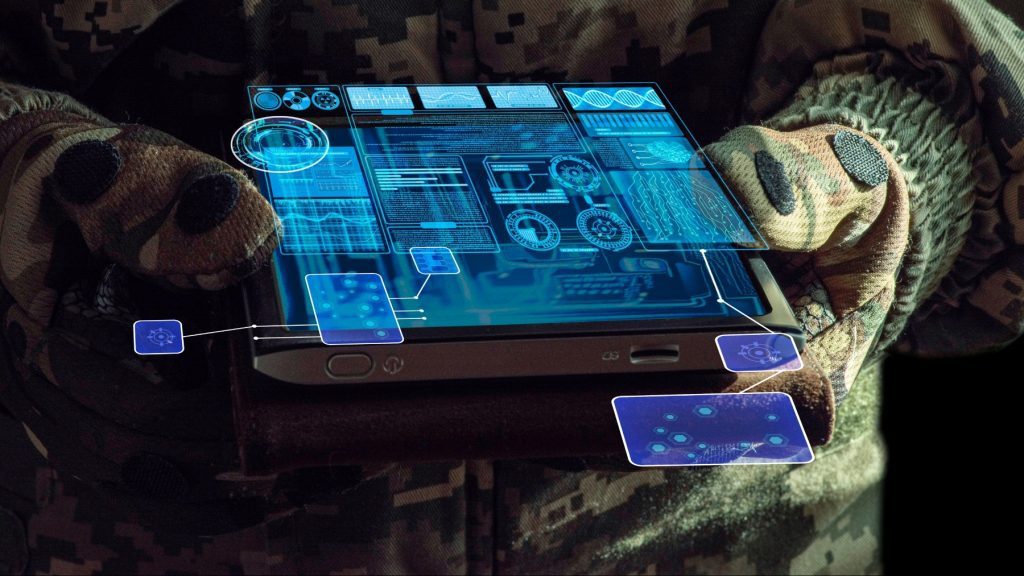
AI is set to revolutionize technology in the war and other various aspects of our daily lives, from government services to healthcare and education. But how effective will these changes be? Here are six key questions to consider about AI’s impact on global affairs.
- Will AI Make War Uncontrollable?
AI could make warfare more lethal and fast-paced, with machines potentially piloting fighter jets and conducting cyberattacks. However, while AI will enhance warfare, history shows innovation often increases combat intensity without necessarily making escalation uncontrollable. Major powers like the US and China are working on agreements to keep critical decisions in human hands, suggesting that while AI will change warfare, it may not make it uncontrollable.
- Will AI Empower Autocracies?
AI could make autocratic regimes more efficient, allowing them to suppress dissent and control populations more effectively. China’s use of AI for surveillance and its “social credit” system exemplify this potential. However, innovation thrives on open information and dissent, which autocracies lack. China’s strict control over information could hinder its AI development, giving democratic nations an edge.
- Will AI Benefit the Powerful or the Weak?
AI might empower weaker entities by making advanced technologies more accessible. For instance, terrorists could use AI to create biological weapons, and developing countries might improve healthcare through AI. Yet, developing state-of-the-art AI is costly, benefiting wealthy nations and companies more. Currently, tech giants like Microsoft and Alphabet lead the AI race, indicating that rich nations and corporations may initially reap the most benefits.
- Will AI Strengthen or Weaken Alliances?
AI’s impact on global alliances is complex. While it could create rifts, like differing regulations between the US and Europe, it could also unite allies against common threats, like China’s technological rise. The US has already leveraged alliances to limit China’s access to advanced technologies, showing that geopolitical alignments can shape AI’s development.
- Will AI Intensify Great-Power Rivalry?
AI could both exacerbate and mitigate US-China tensions. On one hand, AI arms control seems daunting, but shared existential risks might foster cooperation. On the other hand, AI is at the heart of the US-China tech war, with both nations striving for supremacy. This competition is likely to intensify, even as they explore ways to manage AI’s dangers.
- Will AI Shift Power to the Private Sector?
AI development is largely driven by private companies, making them significant geopolitical actors. The US government recognizes this, influencing policies to maintain its technological edge. For example, Washington has urged tech firms to continue AI development to stay ahead of China. This trend suggests that while the private sector will play a crucial role, government policies will significantly shape AI’s trajectory.
Final Thoughts
AI allows for both promising and yet dangerous possibilities. The impact of technology in the war will depend on strategic decisions by leaders worldwide. While there are concerns about AI making warfare uncontrollable, empowering autocracies, or disrupting alliances, there are also reasons to believe these outcomes are not inevitable.
Inside Telecom provides you with an extensive list of content covering all aspects of the tech industry. Keep an eye on our Tech sections to stay informed and up-to-date with our daily articles.